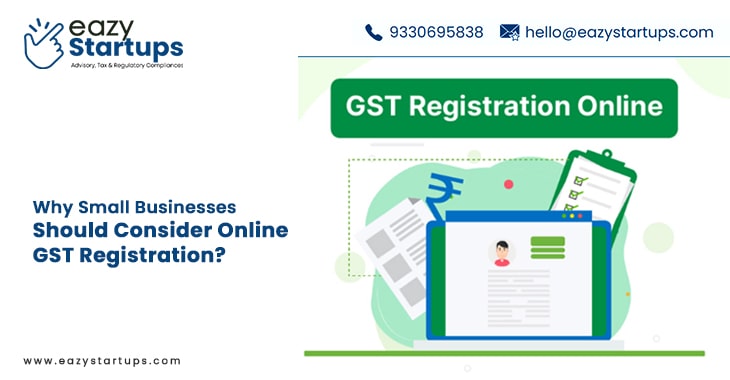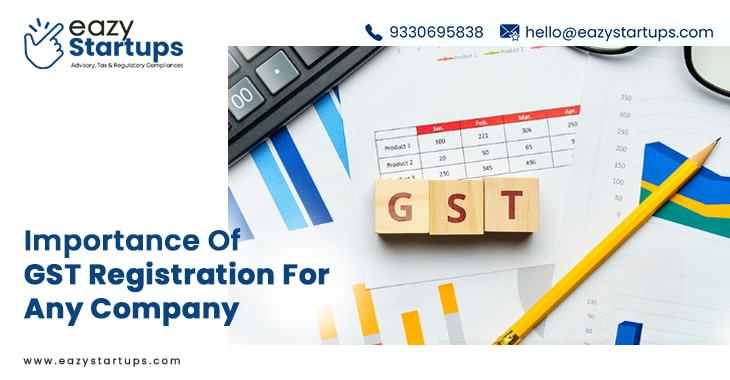One of the key components of the Goods and Services Tax (GST) is its classification into different types, each catering to specific transactions and scenarios. In this blog post, we’ll delve into the four primary types of GST, exploring their features, implications, and significance in the taxation landscape. The GST is a value-added tax levied on most goods and services sold for domestic consumption. It has been implemented in many countries worldwide. If you want to apply for Online GST Registration in India, contact Eazy Startups. Our experts will help you with GST Apply Online in the proper process. We are also here to offer you help with company registration, GST return filing, GST registration cancellation, etc.
Let’s discuss the diverse types of GST taxation in detail:-
- CGST (Central Goods and Services Tax)
- SGST (State Goods and Services Tax)
- IGST (Integrated Goods and Services Tax)
- UTGST (Union Territory Goods and Services Tax)
CGST (Central Goods and Services Tax):
The federal government’s tax on the provision of goods and services inside a state is known as the CGST. It replaces several indirect taxes, including additional customs duties, service taxes, and central excise duties. The central government receives the proceeds from the CGST.
Key Points:
- CGST is governed by the Central Goods and Services Tax Act of 2017.
- It is applicable to intra-state transactions, i.e., transactions occurring within the same state.
- The government determines rates, and may vary based on the nature of goods or services.
SGST (State Goods and Services Tax):
The tax imposed on the supply of goods and services within a state by state governments is known as the SGST. It takes the place of levies like the luxury tax, entertainment tax, and VAT. The SGST revenue is retained within the state’s borders and adds to its financial reserves.
Key Points:
- State laws that align with the framework established by the GST Council regulate the SGST.
- Like CGST, SGST applies to intrastate transactions.
- Subject to the GST Council’s permission, the corresponding state governments set the rates.
IGST (Integrated Goods and Services Tax):
The central government charges an interstate goods and services tax or IGST. It is applicable when products or services are transferred between states and takes the role of the Central Sales Tax. By combining federal and state taxes, the IGST reduces the risk of double taxation and guarantees smooth trade.
Key Points:
- The Integrated Goods and Services Tax Act, 2017, governs IGST.
- It covers deals involving the transfer of products or services between states.
- By the directives of the GST Council, the federal and state governments split the tax money obtained from the IGST.
UTGST (Union Territory Goods and Services Tax):
The tax known as UTGST is imposed on the supply of goods and services inside Union Territory authorities’ borders. It is applicable in Union Territories without a state government structure and operates similarly to the SGST.
Key Points:
- Under the general GST structure, the relevant Union Territory laws regulate UTGST.
- It can be used for transactions inside the same territory.
- The UTGST revenue is a significant factor in the Union Territories’ financial independence.
Conclusion
Businesses, taxpayers, and policymakers need to comprehend the four forms of GST. In the GST regime, each kind has a specific function that helps with effective tax collection, lessens cascading consequences, and fosters economic expansion. Keeping up with the Goods and Services Tax (GST) intricacies is vital for stakeholders to adeptly navigate the tax landscape and promote a trade-friendly climate. If you want to apply for Online GST Registration in India, contact Eazy Startups. Our experts will help you with GST Apply Online in the proper process.






Recent Comments